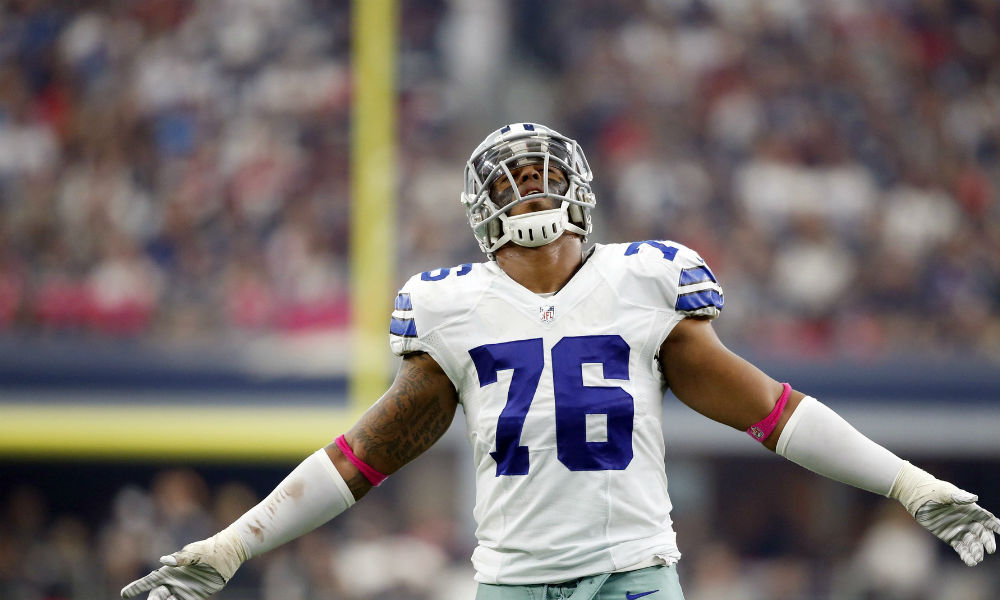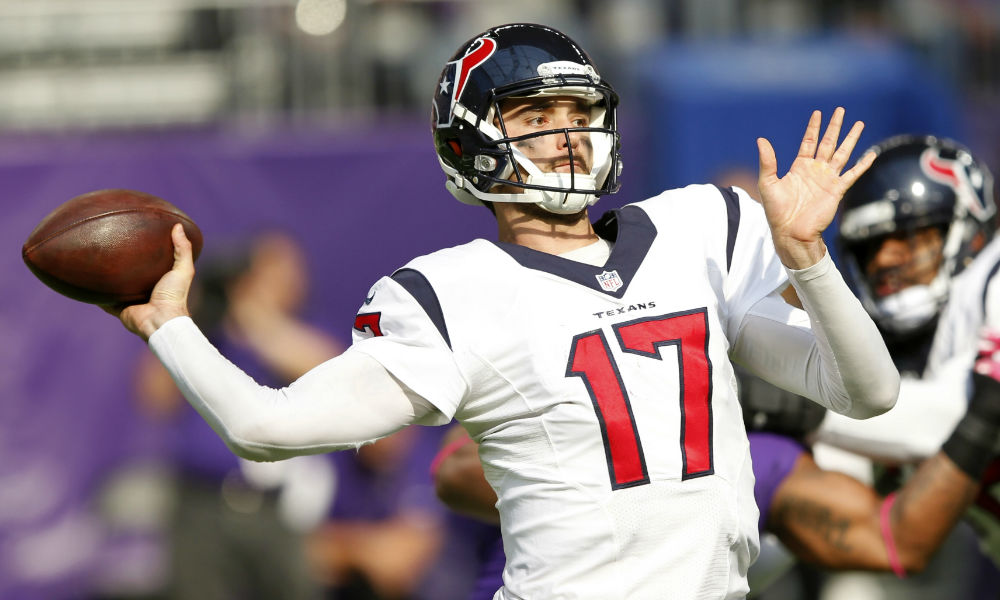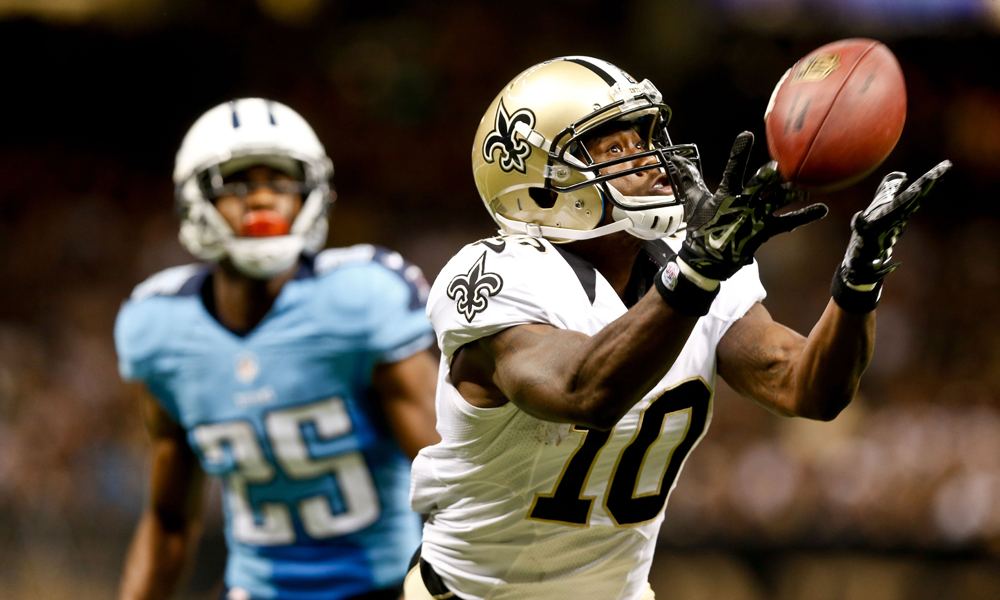News
Brady might be best quarterback of Super Bowl era
In surpassing John Elway’s record of five Super Bowl starts at quarterback and, with a chance to match Joe Montana and Terry Bradshaw as a four-time winner, Tom Brady is moving into territory that calls for a serious assessment of his place in NFL history.
Deflated footballs, or not.
It’s no longer a question of whether Brady or Peyton Manning was the best quarterback in the league (before Aaron Rodgers came along), an argument that should be long settled by now. The question is whether Brady might be the best quarterback of the Super Bowl era.
He has succeeded in New England with a changing cast, reaching the Super Bowl six times with five different leading rushers and four different leading receivers. It is redolent of Elway, who almost single-handedly carried the Denver offense to the final game three times before eventually winning it twice when Terrell Davis came along.
Likely no one will match the Montana record of winning the Super Bowl four times without throwing a single interception (in 122 passes) in any of those championship games. In fact, in the 48 years of the Super Bowl, only one other quarterback, the Raiders’ Jim Plunkett, started more than one Super Bowl (two) without throwing an interception (46 passes).
Brady, to be sure, has thrown few interceptions (two in 197 Super Bowl passes) but in addition to winning the title three times, he left the field with the lead with less than four minutes remaining in the two Super Bowl games he lost. He could have won it five times if the Patriots’ defense had been able to stop Eli Manning at the end of those games.
It’s a foolish exercise to compare quarterbacks from different eras, not just because the rules were different but the football was different, too (no jokes here about deflation, please). So we will excuse Otto Graham and Johnny Unitas from this exercise, although there is ample evidence they could have succeeded in any era.
Further, defenses have changed through the years, which puts more demands on the quarterback, too. Years ago, quarterbacks had to deal with their receivers being bludgeoned all the way down the field; defensive players can’t do that with today’s five-yard rule.
But the flip side is that defenses now have so many variations they did not used to have — both in terms of formations and personnel.
Youngsters, watching the legions of substitutes run onto and off the field after every play, might find it hard to believe the Pittsburgh Steelers won four Super Bowls in six years in the ’70s with virtually no substitutions on defense, although they did introduce Tony Dungy as a nickel back near the end of their dynasty.
Which brings us back to the original question of assessing a quarterback’s place in history.
Two quarterback gurus asked recently came at it from different angles but reached the same conclusion.
One referenced the technical aspects of the position but ultimately came up with an important qualifier: A key part of the job is being smart, a key part of being smart is poise, and poise shows by how a player does when the game is on the line.
Which, the second guru said, was exactly the point.
“You judge a quarterback by his ability to take his team down the field and into the end zone in the final minutes with the championship on the line,” he said. “And that hasn’t changed since the T-formation became universal in the late ’40s.”
For perspective, it is not always necessary to score a touchdown. The same standard would apply if a field goal wins the game.
In Brady’s first Super Bowl, he drove the Patriots 53 yards in the final 90 seconds to set up the winning field goal. In his second Super Bowl, he drove them 37 yards in the final 68 seconds to set up the winning field goal (overcoming a 10-yard penalty along the way). In his third, he drove them 43 yards in the fourth quarter to set up a clinching field goal. In those three drives, he completed 10 of 15 passes for 119 yards, and the five incompletions included several clock-stopping deliberate spikes.
Bottom line is there was general agreement: the three best quarterbacks of the Super Bowl era are Montana, Brady, Elway. Put them in whatever order you want, but Brady is central in the conversation and has a chance this week to win a few more converts, controversy or not.
— Ira Miller is an award-winning sportswriter who has covered the National Football League for more than three decades and is a member of the Pro Football Hall of Fame Selection Committee. He is a national columnist for The Sports Xchange.
News
Buccaneers admit mistake, boot Aguayo
Source: Mike Florio of ProFootballTalk
Powered by WPeMatico
News
Did Bucs put too much pressure on Aguayo?
Source: Mike Florio of ProFootballTalk
Powered by WPeMatico
News
Broncos holding their breath on Derek Wolfe
Source: Mike Florio of ProFootballTalk
Powered by WPeMatico




